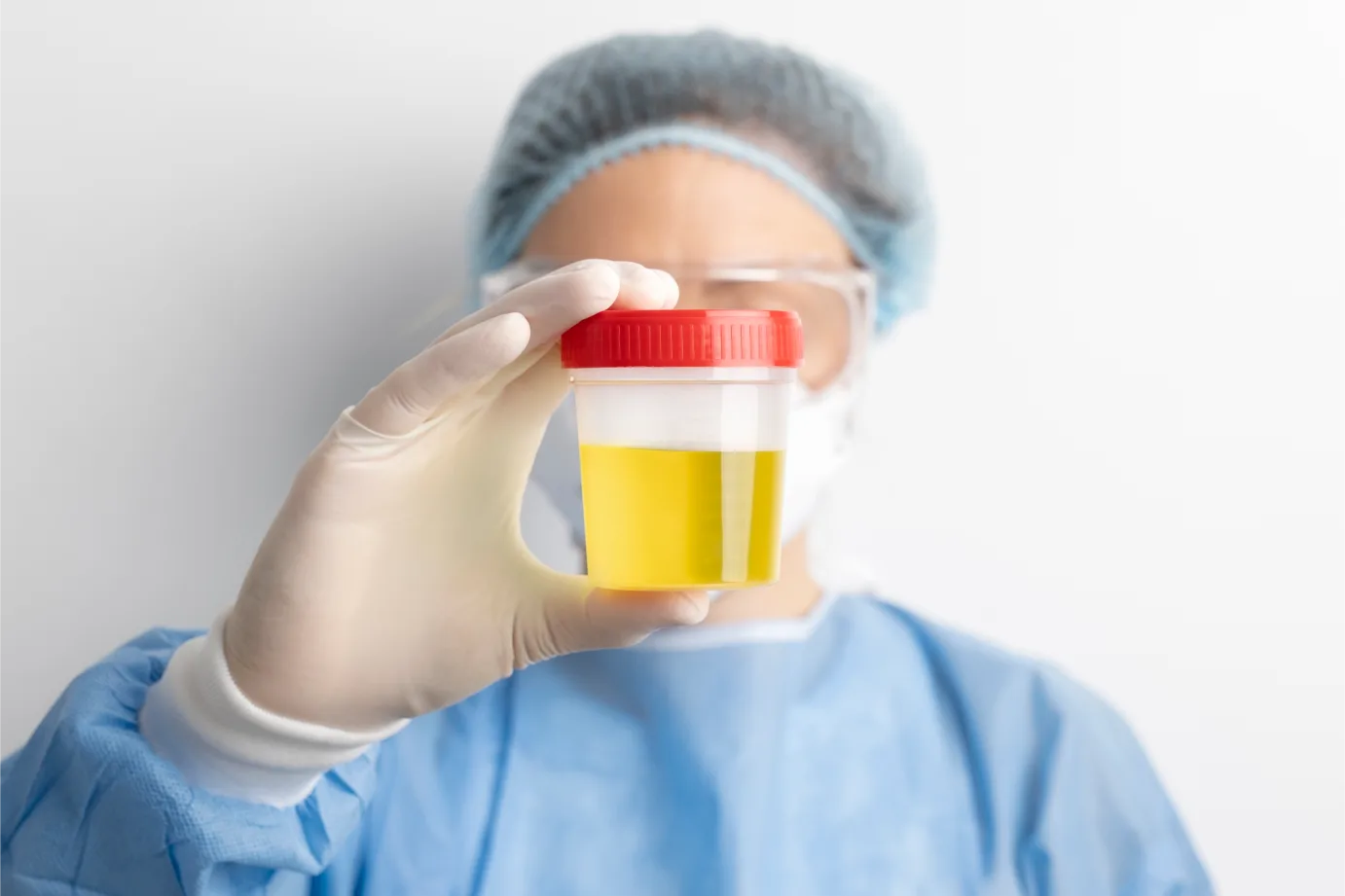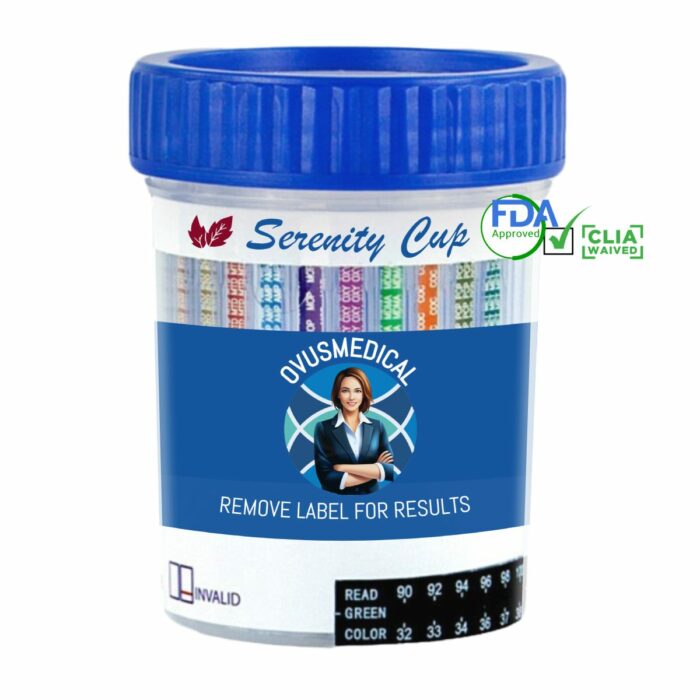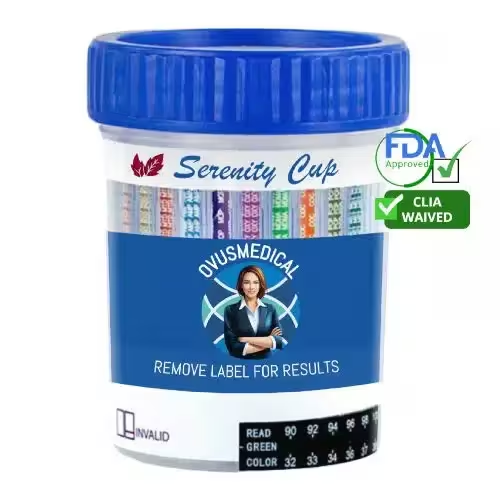In today’s world of workplace screenings, athletics, and compliance programs, many wonder: can labs tell if urine is synthetic?
Synthetic urine—often marketed as a quick fix to pass drug tests—has gained popularity. But with modern science advancing, drug testing labs now use sophisticated methods to detect fake urine. From temperature checks to advanced chemical analysis, labs have more tools than ever to expose tampering.
This guide explores what synthetic urine is, how it’s made, why people use it, and most importantly, how labs detect it.
What Is Synthetic Urine?
Synthetic urine (a.k.a. fake pee) is a man-made liquid designed to mimic real human urine. It typically contains:
- Water
- Urea & uric acid
- Creatinine
- Salts & organic compounds
High-quality versions are carefully formulated to match pH balance, specific gravity, and color of real urine. Some even include heating pads to replicate body temperature.
But while it may look and smell like real urine, labs test much deeper than surface-level checks.

Why People Use Synthetic Urine
✔️ Passing workplace drug tests
✔️ Avoiding detection in sports
✔️ Evading probation/parole testing
✔️ Calibration in laboratories (legitimate use for equipment testing)
The controversial use, however, is when individuals attempt to use synthetic urine to hide drug use—a practice that carries legal and ethical risks.
How Synthetic Urine Is Made
To create a convincing substitute, manufacturers replicate:
- Creatinine levels (a key validity marker)
- Urea/uric acid concentrations
- Electrolytes & salts
- Appearance and odor
The most critical factor is temperature. Real urine leaves the body at ~98.6°F (37°C). Labs check this immediately after collection. If the sample is too hot or too cold, it’s suspicious.
Can Labs Detect Synthetic Urine?
Yes — modern labs can detect synthetic urine.
Here’s how:
- Temperature Checks
- Must be within body range when handed over. Use urine drug testing kit with temperature strip.
- Chemical Composition Analysis
- Labs use GC-MS (Gas Chromatography-Mass Spectrometry) and HPLC (High-Performance Liquid Chromatography) to detect discrepancies in chemical makeup.
- Creatinine & pH Levels
- Fake urine often struggles to match natural ranges.
- Biological Marker Testing
- Real urine contains enzymes, proteins, and organic compounds absent in synthetic versions.
- Specific Gravity & Color Checks
- Subtle differences can give away fake samples.
Factors Influencing Detection
- Quality of the synthetic urine (cheap brands fail quickly)
- Lab technology used (advanced labs catch more)
- Handling by the user (wrong temperature, contamination)
Even the “best” synthetic urines are risky when tested in labs using modern validity checks.
Real-Life Outcomes
🔹 Success Story – Some individuals using high-quality synthetic urine with careful preparation have passed basic employment screenings where labs only checked temperature and creatinine.
🔹 Failure Story – Athletes and workers have been caught when labs ran advanced biomarker and mass spectrometry testing, revealing clear signs of synthetic urine.
Bottom line: It’s always a gamble—and detection is becoming easier for labs every year.
Legal and Ethical Issues
- Illegal in many states – Some U.S. states prohibit the sale or use of synthetic urine for testing evasion.
- Employment risks – Using fake urine can mean termination or disqualification.
Sports & probation violations – Can lead to suspension, fines, or legal penalties.
Alternatives to Synthetic Urine
Instead of risking detection:
✔️ Abstain before the test – Each drug has a detection window.
✔️ Detox methods – Hydration, exercise, and a balanced diet may help the body eliminate toxins naturally.
✔️ Detox products – Some use supplements or drinks (though results vary).
✔️ Medical disclosure – For prescriptions that may cause positives, documentation helps.
FAQ
Can labs tell if urine is synthetic?
Yes. Labs use temperature checks, chemical analysis, and biological marker tests to identify fake urine.
What happens if synthetic urine is detected?
The test is invalidated, and you may face consequences such as job loss, failed probation, or disqualification.
Is synthetic urine legal?
In many states, selling or using synthetic urine to evade drug testing is illegal.
What is the most common way labs catch synthetic urine?
Temperature checks and creatinine analysis are the first red flags.
Are there better alternatives to synthetic urine?
Yes—abstinence, detox, and medical disclosure are safer approaches.
Trust Accuracy with Ovus Medical Drug Tests
Ovus Medical provides CLIA-waived urine drug test cups, dip cards, and oral swabs designed for accuracy and reliability.
You may also like…
-
12 Panel Drug Test Cup TCA
As Low As $2.29
FDA/Clia Waived
$3.09 Info & Price This product has multiple variants. The options may be chosen on the product page -
10 Panel Drug Test Cup
As Low As $1.89
FDA/Clia Waived
$2.89 Info & Price This product has multiple variants. The options may be chosen on the product page



